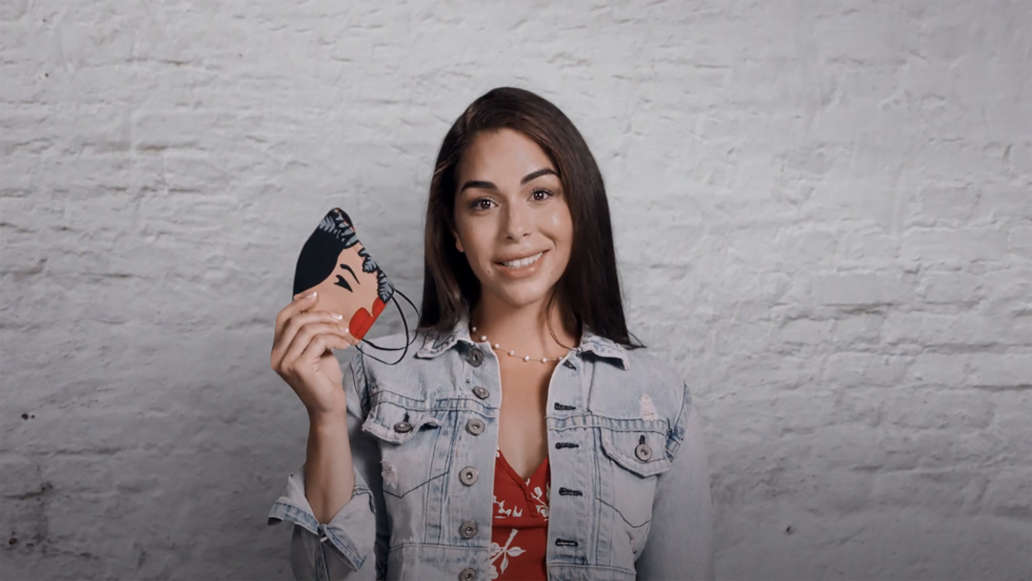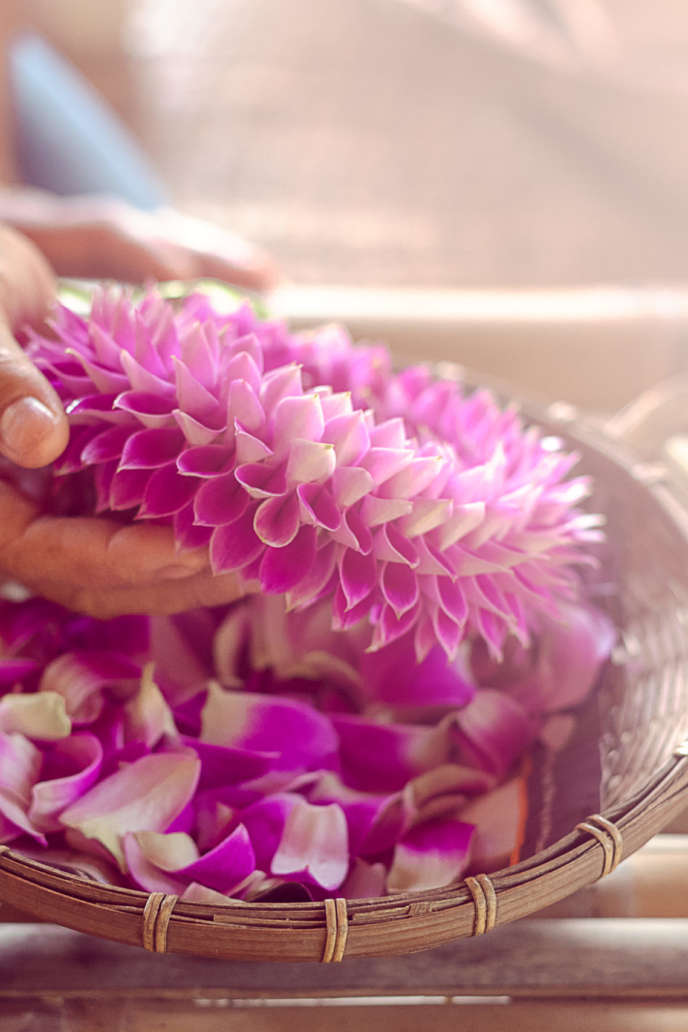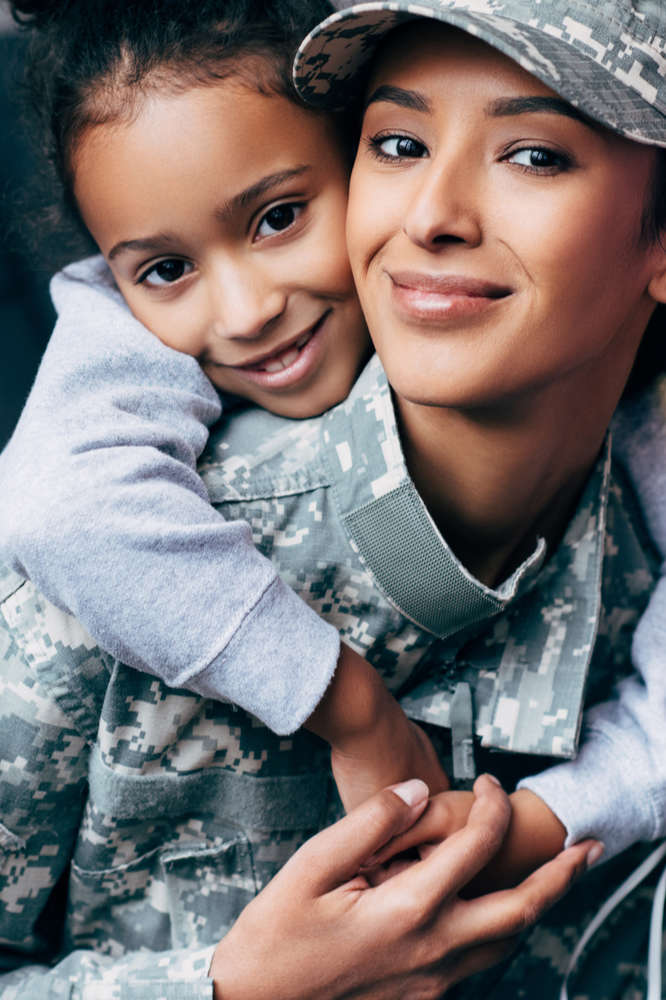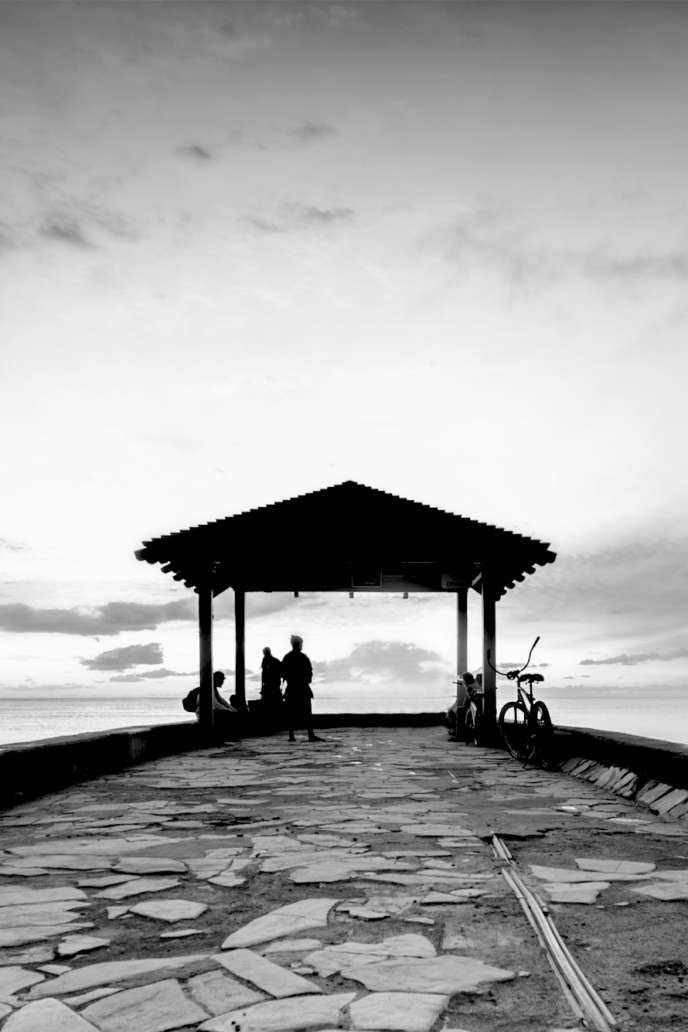With the islands of Hawaii open for visitors once again, we must all make sure to practice precautions to keep everyone safe.
Experience the beauty of Hawaii with our amazing beaches, delicious cuisine, unique culture, and breathtaking hikes with mindfulness and aloha.
Wear a mask in public
When you are in public, you must wear a mask that covers your nose and mouth.
Wearing a mask in public, both outdoors and indoors, is required by law, and and it is invaluable in keeping the islands safe.
Be sure to wear a mask when in public since, with a few exceptions, you can be subject to a fine.
So whether you are strolling through Waikiki, dining at a restaurant, shopping for gifts, or enjoying a Hawaii activity, mask up and follow any listed rules.
Source: Hawaii State Government
Exceptions to wearing a mask
There are a times when it is OK to not wear a mask when in public, and these include the following:
- When eating or drinking
- If a hearing-impaired person needs to read your lips
- When you’re not sharing a common area, room or enclosed space with others
- When you are receiving a service to the nose or face
- If you are outdoors and can stay six feet away from others
Source: Hawaii State Government
How to wear a mask
- Wash your hands before putting on your mask
- Put it over your nose and mouth and secure it under your chin
- Try to fit it snugly against the sides of your face
- Make sure you can breathe easily
- It is not recommend use of masks or cloth masks if they have an exhalation valve or vent
Source: Center for Disease Control
Mask types and what to wear
If you are wanting to wear a cloth mask, look for one made with at least two layers of fabric.
The mask should be able to cover your nose and mouth without any large gaps, and have ear loops or ties that can be adjusted.
For those who wear glasses, look for a mask that has a bendable wire at the top of the nose area. This will allow you to mold the mask around the bridge of your nose, and will help prevent your glasses from fogging.
Disposable surgical masks, while not close fitting, are fluid resistant and are a viable mask wearing option.
Bandanas do not work well as masks since they are open at the bottom. Similarly, neck gaiters are usually too thin to provide adequate protection.
Source: John Hopkins Medicine
Where to get a mask
Masks are sold at many retail stores all across the islands of Hawaii. You can even show your aloha spirit with many island made masks featuring unique Hawaiian designs.
You can also make a cloth mask! There are both sewn and non-sewn options.
Practice social distancing
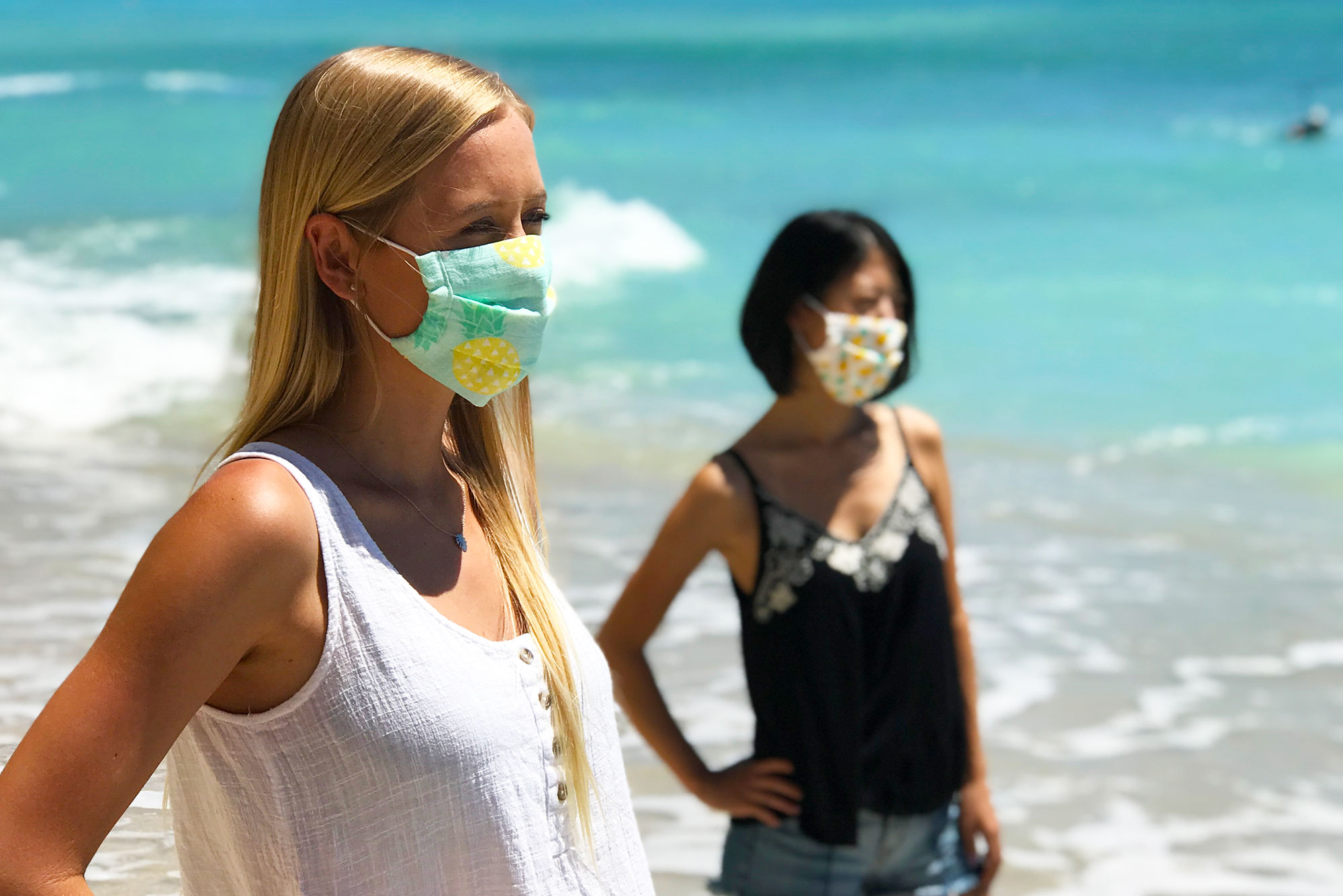
Whenever you are out in public, please stay at least six feet away from other people who are not from your household in both indoor and outdoor areas.
Although Hawaii is lucky to have many wonderful outdoor experiences, but whether you are relaxing on a sandy beach, swimming in the ocean, or enjoying a hike, keep aware and stay six feet away from others.
Be mindful when indoors to maintain your distance from others. This includes grocery stores, other retail establishments, museums, and other indoor places.
Hawaii activity providers have been actively updating and adjusting their tours and activities so that guests can maintain social distance while also still being able to enjoy Hawaii.
This includes limiting the number of guests on tours, focusing on outdoor activity options, and providing the safest possible experience for all participants.
Wash hands frequently
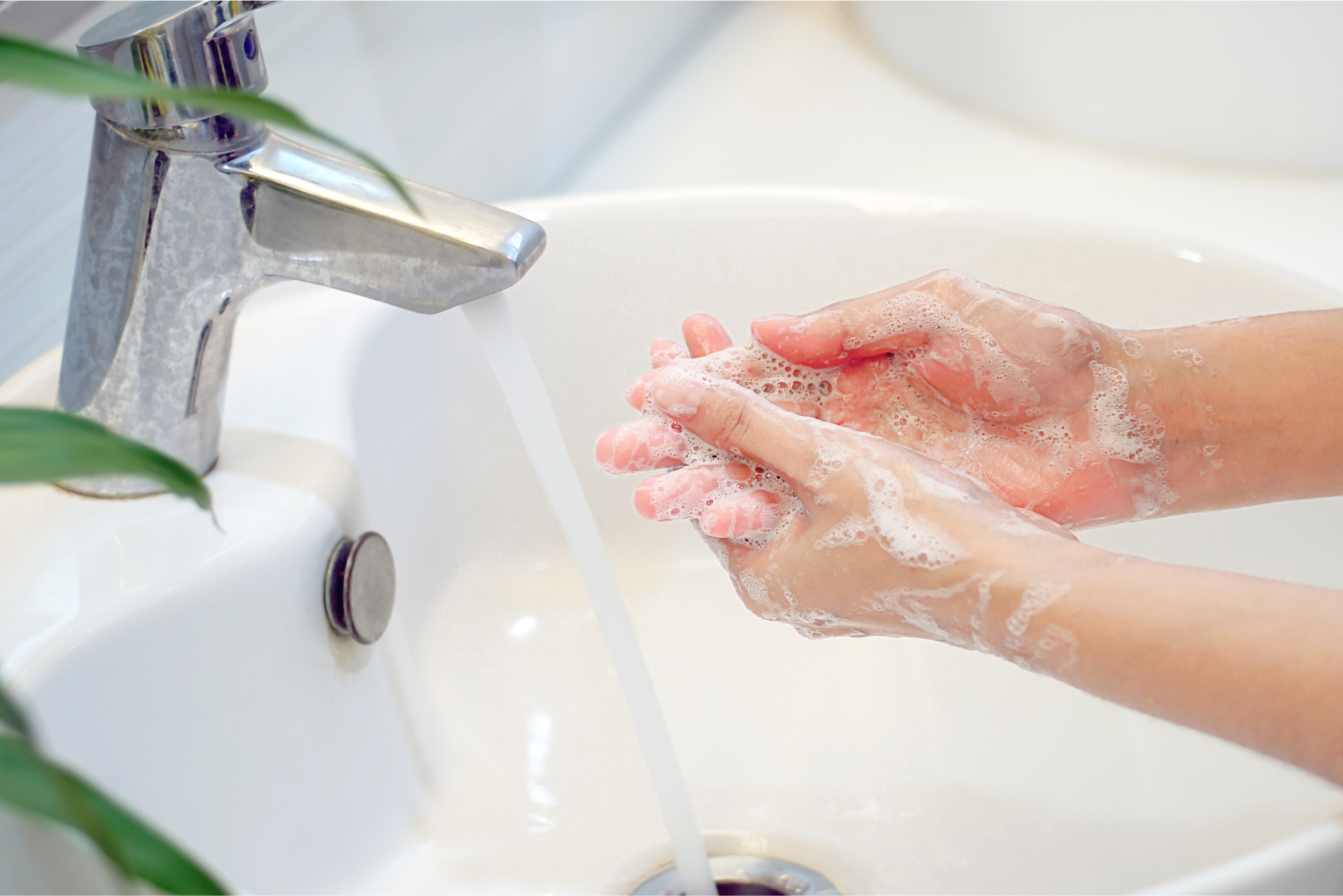
Whenever possible, wash your hands with soap for at least 20 seconds.
Making sure your hands are washed is especially important before and after any group activities or tours, and whenever you return to your hotel or other accommodation.
You can also keep hand sanitizer on you so you can keep your hands sanitized on the go,
Many tours and activities, as well as retail establishments, have added hand washing and sanitizing stations too!
Participate in contact tracing
When eating indoors or participating in various activities in Hawaii, you may be asked to provide contact information. This can include your name, phone number, address, etc. The provided information will allow the Hawaii Department of Health and the University of Hawaii to reach those who have been in contact with someone who has tested positive for COVID-19.
All names are kept confidential. If contacted, the contact tracer will check symptoms, offer testing advice, and discuss next steps such as self-isolation and when to seek medical care.
Source: Hawaii State Government
Kokua & Aloha
Kokua means “to help” and Hawaii residents and visitors alike thank you for your kokua in helping keeping Hawaii safe by following these health and safety guidelines.
Let’s all continue to share the spirit of Aloha!
Lani
Lani, our resident Website Content and Hawaiian Cultural Specialist, is originally from Tokyo, and now splits her time between New York City and Honolulu. When she isn't hard at work, she can always be found dancing hula, finding her inner mermaid while swimming, and baking up storm!


